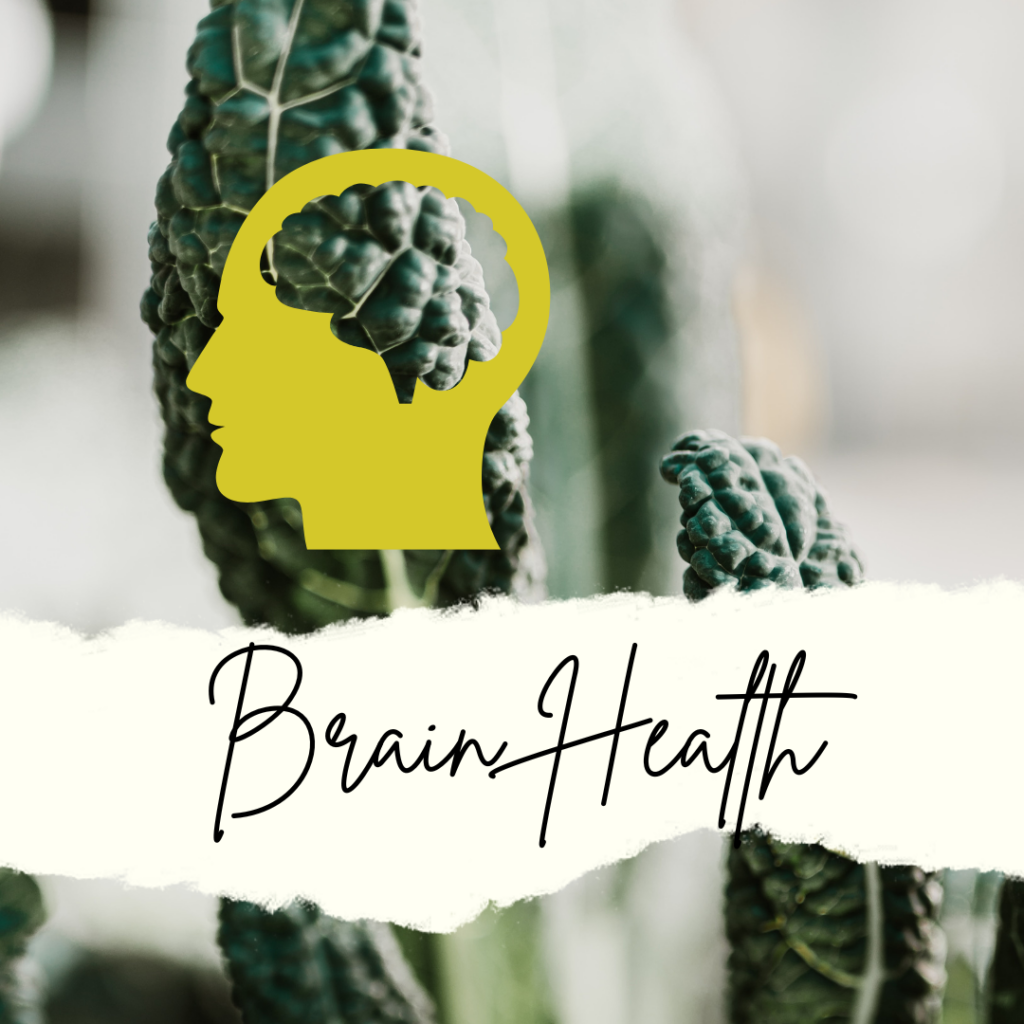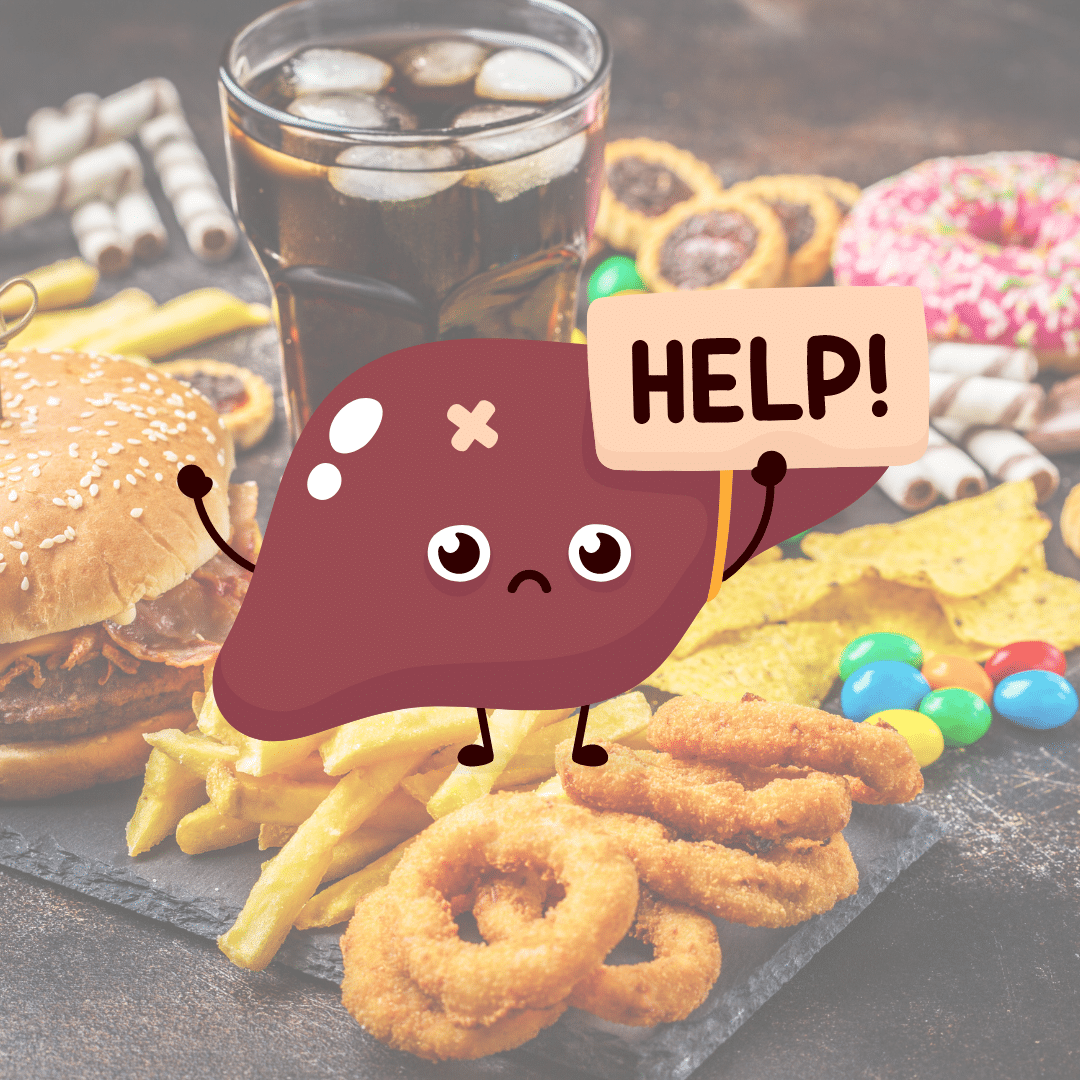Browse around
topics
Hi
THE GUTSY HORMONE
METHOD
I'm Ishbel
I am a certified Nutritional Therapist, Master Restorative Wellness Practitioner, Pilates, and Yoga practitioner.
How I Detoxed in Just 3 Days [Exact Steps]
Mind + Body
5 Signs You Should Break Up With Social Media
Mind + Body
How I Changed My Entire Life in 365 Days
Motivation
My Morning Matcha Recipe [Bonus Recipes]
nutrition
Your Special Offer
Tumblr meditation air plant activated charcoal gluten-free. Cornhole chicharrones pabst coloring book woke scenester enamel pin plaid
Your Special Offer
Tumblr meditation air plant activated charcoal gluten-free. Cornhole chicharrones pabst coloring book woke scenester enamel pin plaid
Detoxes and cleanses have been buzzwords for a while now. There are so many variations of them and each one is advertised with many health claims and compelling testimonials.
The question is: Does detoxification really improve skin and digestion, boost the immune system, increase energy, reduce inflammation, or cure diseases?
What is detoxification?
Detoxification is your body’s own process for breaking down and eliminating toxins. We are all exposed to toxins every day through food, water, and the air we breathe. Toxins include those naturally found in tiny quantities in foods and synthetic toxins found in medicines, pesticides, personal care products, air pollution and preservatives.
In fact, the body makes its own toxins through normal everyday processes like digestion, metabolism, and physical activity (e.g., urea which is excreted in the urine).
The good news is that your body does a great job breaking down toxins and eliminating them.
The bad news is that most people don’t have the building blocks needed to support detoxification.
The liver is the main detoxification organ of the body and works alongside the kidneys, digestive system, lungs and skin. These organs work together to help make toxins less dangerous and allow them to be excreted mostly through urine and stool (and also through breathing and sweating).
What does detoxification have to do with nutrition?
These detoxification systems are made from many biochemicals in our bodies, such as enzymes.
Part of what makes enzymes work are key essential nutrients like vitamins and minerals.
Getting quality nutrition helps your body maintain all aspects of your health—including detoxification.
Why don’t detox diets work?
Search the internet and you’ll find thousands of website pages about different types of detox diets and cleanses. Many make bold promises of weight loss and improved health.
Most of these programs rely on mysterious juices, shakes and guarantees of 30 lb weight loss in 30 days.
You probably already know this, but in case you’re still on the fence – if you drink juice for 30 days, you’re almost guaranteed to lose weight…and, you’ll most likely suffer from a severe hypoglycemic meltdown while you’re at it.
FUN FACT: Your liver needs ample protein to function properly and conduct detoxification activities.
The marketing messaging around detox programs is that after 30 days you’ll be a brand new person, and you’ll stay that way no matter what you put in your mouth afterwards.
Unfortunately, a balanced weight, vitality, strength, mental clarity and overall health is just not that easy to come by with the S.A.D.
But, when you change your habits for the long-term, you’ll be utterly amazed at how your body, and your life, transform.
S.A.D.
The Standard American Diet (S.A.D.) is full of sugar (or fake sugars which are even worse for your health), inflammatory fats from fried foods and packaged nutrient deficient snacks that provide a lot of calories and very little, if any, nutrition.
The S.A.D. is a major contributor to a grocery list of conditions most of us have accepted as “normal” in our society:
- Obesity
- Fatigue
- Brain fog
- Acne
- Autoimmune diseases
- Depression and anxiety
- Hormonal imbalances
- Chronic disease
“My friend asked me what treat I was planning on eating after the Detox Program was over. I told her ‘nothing’. Nothing is going to change. I’m never going back. Why would I betray myself like that? I’m never giving up how good I feel now.”
Ione B. (IshbelWELL Detox Program Graduate)
Listen to Ione talk about her experience in the IshbelWELL Detox Program…
The Research
In the IshbelWELL Detox Program, we spend 28 days completely revamping your diet to ensure your liver and other detox organs have the tools needed to run with ease. It may surprise you to hear that the changes you make to your diet are not the most important take away’s from this program. It’s the changes you make to your habits and to your life that will stay with you forever.
The IshbelWELL Detox Program leans heavily on multicolored veggies and fruit as well as organic, responsibly sourced protein. Why? Because the research on how these foods support overall health and wellbeing is overwhelming.

Research on how food, sugar and alcohol impact brain function.
Alcohol-induced oxidative stress in brain endothelial cells causes blood-brain barrier dysfunction. Click HERE to view the study.
Synergistic Action of Membrane-Bound and Water-Soluble Antioxidants in Neuroprotection. Click HERE to view the study.
Clearing the fog: a review of the effects of dietary omega-3 fatty acids and added sugars on chemotherapy-induced cognitive deficits. Click HERE to view the study.
Diet and cognition: interplay between cell metabolism and neuronal plasticity. Click HERE to view the study.
Research on how food influences the development of chronic diseases.
Postprandial hyperglycemia as an etiological factor in vascular failure. Click HERE to view the study.
The Synergistic Upregulation of Phase II Detoxification Enzymes by Glucosinolate Breakdown Products in Cruciferous Vegetables. Click HERE to view the study.
Epigenetic Events Associated with Breast Cancer and Their Prevention by Dietary Components Targeting the Epigenome. Click HERE to view the study.
Impaired Sleep, Circadian Rhythms and Neurogenesis in Diet-Induced Premature Aging. Click HERE to view the study.
Effect of weight loss on proinflammatory state of mononuclear cells in obese women. Click HERE to view the study.


Research on how blood glucose levels (and certain toxins) drive the development of chronic diseases as well as impact immune and brain function.
A Machine-Generated View of the Role of Blood Glucose Levels in the Severity of COVID-19. Click HERE to view the study.
The Role of the Bisphenol A in Diabetes and Obesity. Click HERE to view the study.
Glycaemic index and glycaemic load of breakfast predict cognitive function and mood in school children: a randomised controlled trial. Click HERE to view the study.
Return of hunger following a relatively high carbohydrate breakfast is associated with earlier recorded glucose peak and nadir. Click HERE to view the study.
Research on how food, toxins and blood sugar levels impact hormone balance.
Exposure to chemicals dangerous to hormone function burdens Americans with hundreds of billions in disease costs. Click HERE to read the study.
In Utero and Childhood Polybrominated Diphenyl Ether (PBDE) Exposures and Neurodevelopment in the CHAMACOS Study. Click HERE to read the study.
Toxic metals and the menopause. Click HERE to read the study.
Increased prevalence of insulin resistance in women with a history of recurrent pregnancy loss. Click HERE to view the study.


Research on how gut health impacts every function in the body as well as how food impacts gut health.
The microbiome and its potential as a cancer preventive intervention. Click HERE to view the study.
Indigenous bacteria from the gut microbiota regulate host serotonin biosynthesis. Click HERE to view the study.
Regulation of the stress response by the gut microbiota: implications for psychoneuroendocrinology. Click HERE to view the study.
Major depressive disorder: probiotics may be an adjuvant therapy. Click HERE to view the study.
Glucose alters the symbiotic relationship between gut microbiota and host physiology. Click HERE to view the study.
Turn your diet around in 28 days.
Pin
Share
Leave a Reply Cancel reply
6 Ways To Start Your Morning Off Right
Mind + Body
Chia Seed Recipes For Keto
NUTRITION
My Morning Matcha Recipe [Bonus Recipes]
nutrition
How I Changed My Entire Life in 365 Days
Motivation
5 Signs You Should Break Up With Social Media
Mind + Body
Mind + Body
How I Detoxed in Just 3 Days [Exact Steps]
You May Also
Previous Story
next Story
© 2024 IshbelWELL The Gutsy Hormone Method. Site by Sugar Studios
Get the free guide download by over 2,000 people!
The IshbelWELL Quickstart Guide + Protocols
Join Me on Insta
I'm so glad you're here, stick around, there's so much to see,
Stay
awhile
practitioner
